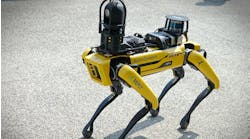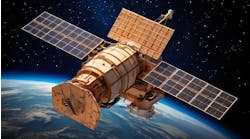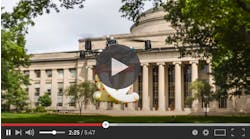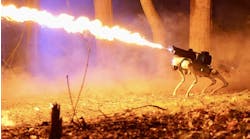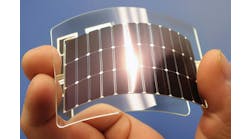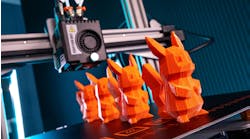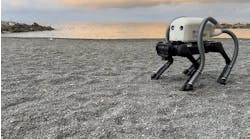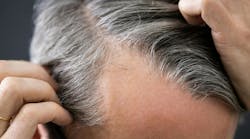Latest from Fun Innovations Friday
Robots Are Coming to Take Over Your Household Chores
Robots taking on household chores isn't a new idea, even though it seems like a pipe dream. In 2018, a robot that folded your laundry debuted at CES. There have been prototypes of robots that act as assistants for grocery shopping. The type seen most commonly is robots cleaning floors in retail stores and in facilities. These are more so AMRs that people like to stick googly eyes on to add that little anthropomorphic quality.
Even though it is not a new idea, the pipe dream aspect of this idea remains since most of the above robot tech hasn't taken off. Some of it is the reality of application, some it is price, and some of it is interest. This type of tech will take a while to get out of the prototype phase to be safe enough, reliable enough, and affordable.
A new San Francisco-based startup, Physical Intelligence, is taking the challenge on, trying to prove that the dream of having a robot maid is not far off. They have demonstrated a single artificial intelligence model that has learned to do a wide range of chores—including unloading a dryer, folding laundry, and cleaning a messy table—by being trained on an unprecedented amount of data.
The company has spent the past eight months developing its foundation model, called π0 or pi-zero. π0 was trained using huge amounts of data from several types of robots doing different chores. The company often uses humans to teleoperate the robots to provide the necessary teaching.
Physical Intelligence, also known as PI or π, was founded earlier this year by prominent robotics researchers to pursue the new robotics approach inspired by breakthroughs in AI's language abilities.
"The amount of data we're training on is larger than any robotics model ever made, by a very significant margin, to our knowledge. It's no ChatGPT by any means, but maybe it's close to GPT-1," says Sergey Levine, a cofounder of Physical Intelligence and an associate professor at UC Berkeley.
In the video below, Physical Intelligence demonstrates a variety of robot models doing a range of household chores with decent skill. A wheeled robot retrieves clothes from a dryer and then takes them to a table to fold them. A robot arm clears a table cluttered with cups and plates while also making the distinction of what is trash to throw away. Another robot arm uses a cup measure to reach into a bag of coffee and measure out the beans.
The company has noted that the algorithm isn't perfect with the robots sometimes failing in surprising and amusing ways. "There's still a long way to go, but we have something that you can think of as scaffolding that illustrates things to come," Levine says.
And its clear watching the video below with the robot folding clothes. While it does an impressive job for a robot, there's a long way to go. If you were to try and wear those clothes, you would be walking around with a lot of wrinkles. Humans have the ability to handle flexible items and manipulate them and with folding clothes, we can make sure wrinkles are smoothed out and creases are in the right place. Something these robots I'm sure will perfect given the chance.
While I'm all for chore robots, I honestly don't have high hopes for this becoming a thing anytime soon. Just look at robot vacuums—most people have them but they're far from perfect and only slightly helpful.
Fun Innovations Friday
Created by the editors of New Equipment Digest and Plant Services, Fun Innovations Friday is a feel-good blog that showcases how advances in science, math, engineering, and technology are making our world more whimsical. Here’s another post that is guaranteed to brighten your day.
Surgical Robots Watch, Learn, and Perfect Procedures, But Will They Cut Your Healthcare Costs?
Researchers at Johns Hopkins University are utilizing imitation learning and machine learning to train a new generation of surgical robots.
